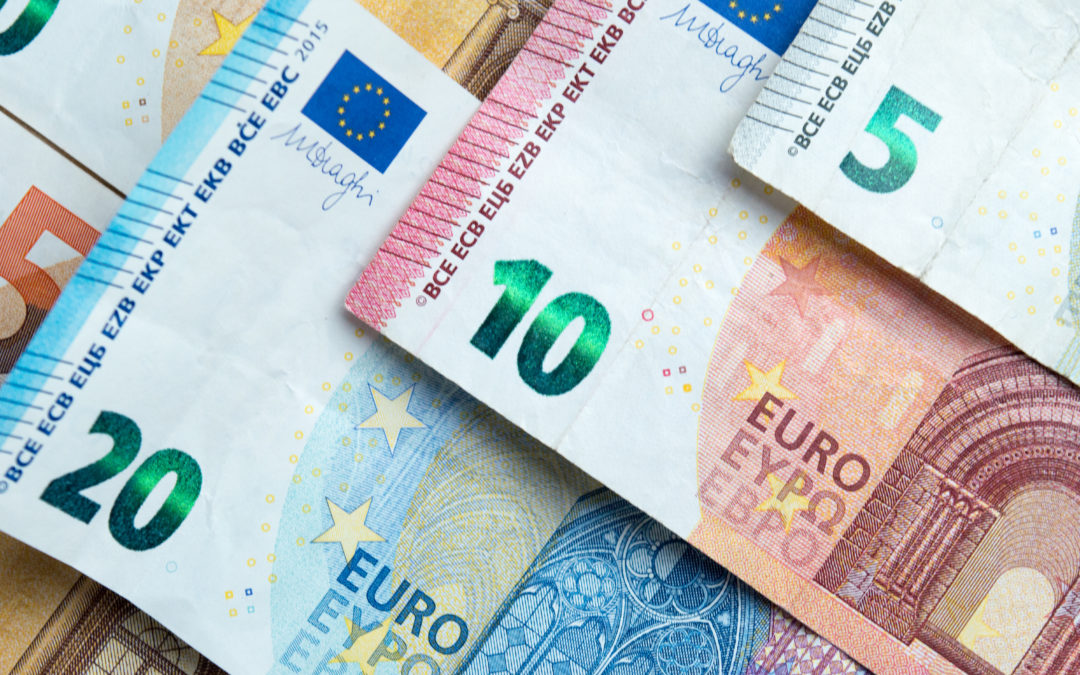Building upon years of campaign by the money reform movement in the Netherlands, the government’s advisory council published a new report which recommends fresh thinking on how to address the financial system’s debt addiction.
Just like the Positive Money movement, Ons Geld has been campaigning very successfully in the Netherlands to propose to review the monetary system as we know it, in order to ensure it serves the interests of citizens.
The Dutch campaigning group started a Citizens’ Initiative in 2015, and successfully collected more than 100.000 signatures. As a result, the initiative triggered a debate in Parliament in 2016 which ended up with a majority in the Dutch parliament voting in favor of further investigation, to be carried out by the Scientific Council for Government Policy (WRR).
On January 17, 2019, those efforts have finally bear fruit, with the publication of the WRR’s report entitled “Money and debt: the public role of banks”. According to the WRR, a financial system should fulfill 4 core values: service, stability, justice and legitimacy. However, these values are currently all under pressure due to the unbalanced growth of debt and the dominance of private interests over the public interest.
What is needed now, more than ever, it’s a bold monetary reform that effectively tackles the current risks of modern financial system. As explained in the WRR report, this cannot be done without ensuring a greater participation of citizens in the formulation of financial policies that directly affect them.
The report makes four main recommendations in order to adjust the monetary system:
1) Provide diversity in the financial sector
Diversity in the financial sector is essential as it is a requirement for stability and a more balanced development of money and credit. The report proposes “the introduction of an alternative payment and saving option, alongside the existing banks, taking the form of a public or private full reserve bank (a payment institution)” – an idea that is also being proposed under the framework of a central bank digital currency.
With such an alternative, citizens could safely store their money, because their deposits would be fully guaranteed witch central bank money.
The reasoning behind the proposal stems from the demand to give control over money creation to public institutions, while creating safe savings and payments system. This would reduce the risky financing component and build a fairer and stable monetary system.
Commercial banks and central banks are afraid that such a public bank will make the system more unstable. They fear that during a crisis, people will withdraw their money from commercial banks to put it in the safe bank. However, the WRR report argues that such risk says more about the flaws in the current system than about the alternative as such. Furthermore, the WRR assumes that commercial banks will become safer and more disciplined because people have an option to use the public alternative.
2) Curb excessive debt growth
The level of private debt is right now historically unprecedented. In the Netherlands, the total debt of the private sector is now 2,000 billion euros higher than before the crisis (1,400 billion in 2007) and amounts to 289 percent of the gross domestic product. Excessive debts are bad for the economy: they make it more unstable and affect the financial system. That is why better limitations are needed when going into debt. The WRR therefore argues for establishing tax incentives that encourage citizens, businesses and financial institutions to reduce their debt. For that matter, debt and equity should be treated equally.
3) Be better prepared for the next crisis
Having already a plan to cope with the next crisis is of crucial importance.
Once again, the report advocates for outside-of the box thinking, because, “typical instruments that central banks use to tackle crisis, such as cutting interest rates and buying up bonds, have already been deployed to a large extent.”
In this context, the WRR says “it is not inconceivable,that more controversial measures, such as the option of monetary financing of government expenditures, will be proposed during the next crisis”.
4) Anchoring the public dimension of banks
Private banks have public functions, such as payments, savings and investment financing, becoming de-facto semi-public institutions. At the same time, the public (the citizen) has little or no say in the decisions made by private banks.
According to the WRR, this must change. Citizens should be able to switch banks more easily, and have access to a public alternative to private services (the public savings and payment bank). In short: citizens must be able to escape the banking system.
In addition, it is crucial that citizens get a say in the governance of banks. This can be done by setting up a social advisory board with banks, but also by indirectly giving citizens a voice in financial policy through regulators and the House of Representatives. NGOs can also partly take on the role of watchdog over the financial system.
Positive Money Europe welcomes the report of the WRR, as it investigates over several proposals that would potentially improve the situation of the current financial system. Giving citizens a stronger voice represents one of our priorities, together with the implementation of an efficient strategy that could help handling the next financial crisis. Notwithstanding the fact that the report mainly builds on the Dutch national context, its implications might go well beyond the borders of the Netherlands. This report can be an outstanding starting point for further discussions on monetary reforms in the Eurozone as a whole, opening up new scenarios and leading to a true change, despite the structural differences among the member states.
A summary of the report is available in English here.
Credit picture: CC Lukasz Radziejewski (flickr)

